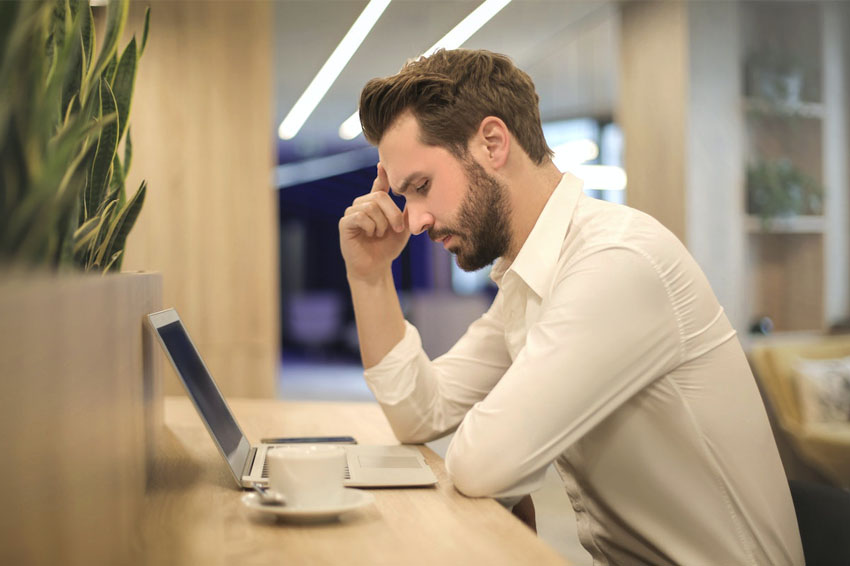As the world realised the impact of COVID-19, governments reacted by imposing strict lockdown rules, which meant that citizens were not allowed to leave their homes, sometimes not even to exercise. As we moved into isolation in the spring of 2020, we felt the effects that many others had felt for decades.
Yes, there will have been those who considered lockdown a welcomed break, even a joyful refresh from the monotone lifestyle of their white-collar jobs. However, there are also those who have suffered from loneliness and isolation, accumulating stress and anxiety on an unprecedented scale.
According to the World Health Organization, the pandemic has created a 25% increase in anxiety and depression worldwide.
It also says that “loneliness, fear of infection, suffering and death for oneself and for loved ones, grief after bereavement and financial worries have also all been cited as stressors leading to anxiety and depression. Among health workers, exhaustion has been a major trigger for suicidal thinking.”
Needless to say, the pandemic has made us more aware of the importance of mental health support. Meanwhile, the world has not quieted down. In fact, while the pandemic has yet to end, other crises have hit the world: a cost of living crisis and for many, a crisis of insecurity due to war. Financial and safety worries contribute significantly to mental health troubles and affect millions of people.
In the UK, the cost of living was the major worry for over half (56%) of young people (rising from 50% in May 2022). They reported disruption to daily life, particularly their diet and sleep. Those aged 20-25 were particularly likely to feel concerned about money, with 80% always or often worried about earning enough.
The youth mental health crisis is receiving increasing awareness. Governments are investing in mental health support and increasingly keeping track of the prevalence of needed assistance. Mental health support often carries a stigma of a more extensive condition when it is entirely reasonable to experience fear for the future when the economy is in crisis.
Proper support includes the need for recognition: we need to support our peers by recognising that it is OK not to be OK.
When writing about coping mechanisms to deal with stress and anxiety, mental health professional Alysha Tagert lays out in USA Today how many everyday items can contribute to alleviating immediate effects. It includes things that require movement like a book of yoga poses or a jump rope, an item for oral motor sensory support like sugar-free chewing gum, or something that requires thought or concentration like a puzzle or reading book. Tagert also explains that, especially for children, it is important to compile these coping toolboxes themselves, as it provides them with an essential sense of control and comfort.
To deal with the poly-crisis events that surround us, we need to support each other with best practices and engage coworkers, friends, and family members that allow them to express their fears and get the help they need.
Thumbnail Credit: Pexels

Bill Wirtz is the Senior Policy Analyst at the Consumer Choice Center.







































Leave a Reply